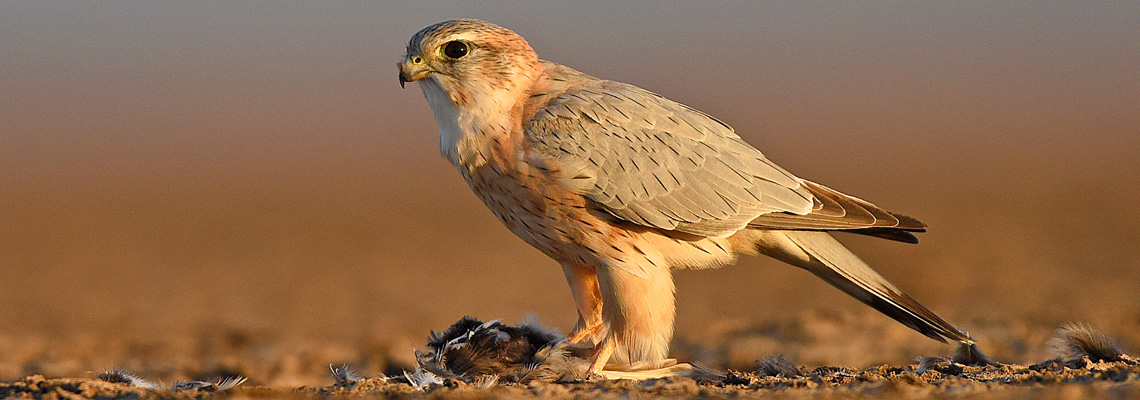“The Wildlife Conservation Trust (WCT) was founded to safeguard India’s life-giving ecosystems in a holistic, sustainable manner. Recognising the interconnectedness between people and ecosystems, WCT uses a 360° approach to conservation by placing equal emphasis on both forest and wildlife conservation and community development. We work closely with forest departments across the country to fortify on-ground protection by training and equipping frontline forest staff. Through partnerships with NGOs, the Trust is attempting to strengthen public education systems, provide alternative livelihood options to rural youth and make healthcare accessible to people living in and around India’s forests. The idea is simple—secure key wildernesses to safeguard wildlife, people and rivers, and mitigate climate change.”
Hemendra Kothari
Founder and Chairman
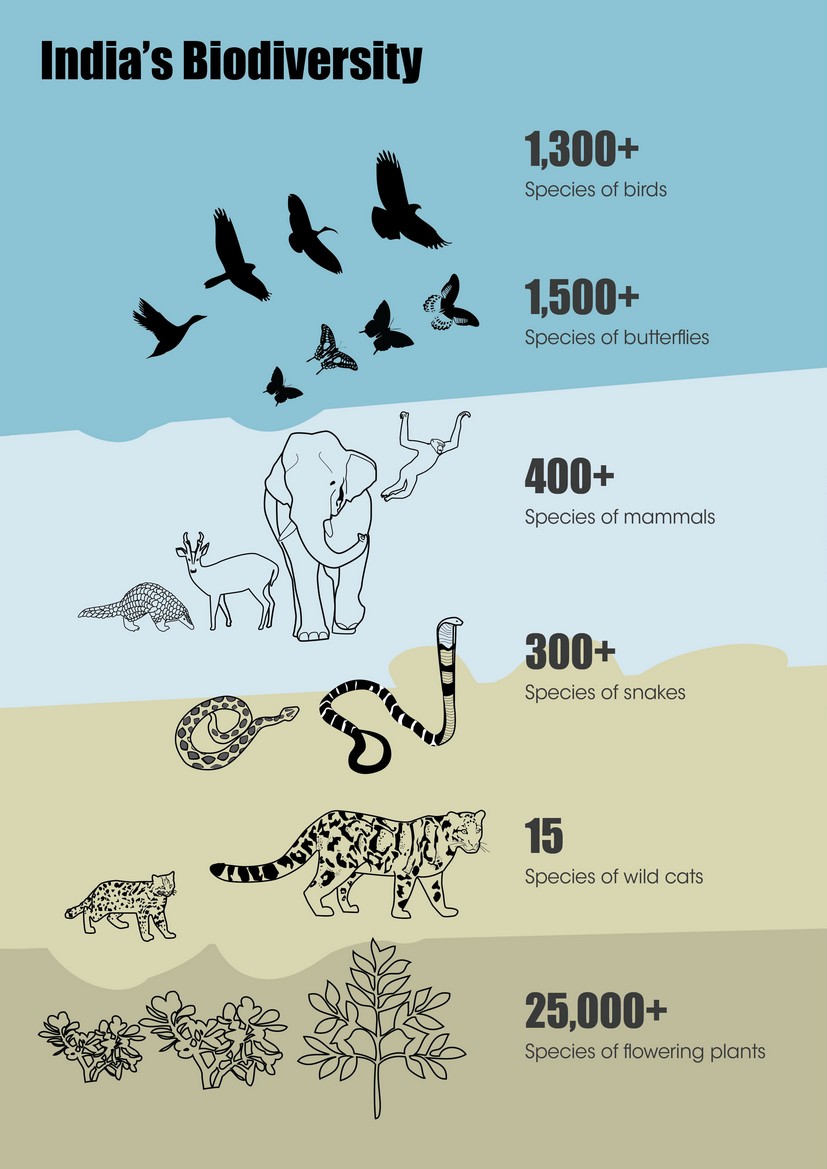
The Environmental Crisis
Water supports all life on earth. The destruction of forests and the subsequent impact on the hydrological cycle is devastating communities across the world. Anthropogenic climate change is exacerbating the crisis.
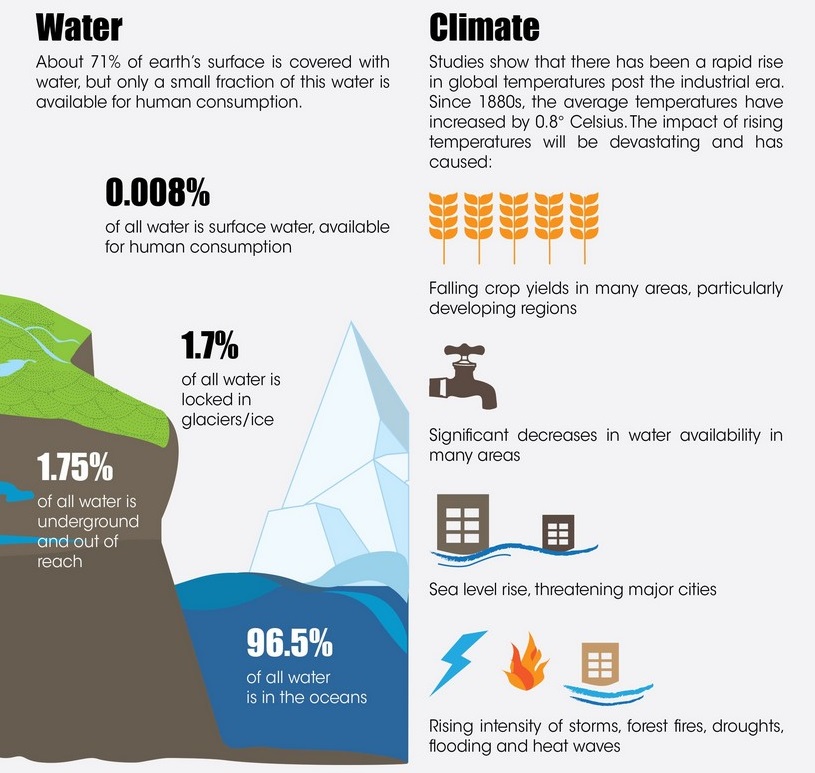
The Stern Review indicates that economic costs of climate change will lead to a loss of 5-20% of global GDP every year. A yearly investment of just 1% of global GDP per annum in renewable energy and forest conservation will help avoid the adverse effects of climate change.
By supporting natural regeneration of tiger forests, we can effectively mitigate climate change, in addition to conserving biodiversity and riverine ecosystems.
The 360° Approach
Nearly 600 rivers originate from, or are fed by, the tiger-bearing forests of India. These tiger habitats are crucial for the water and food security of the country.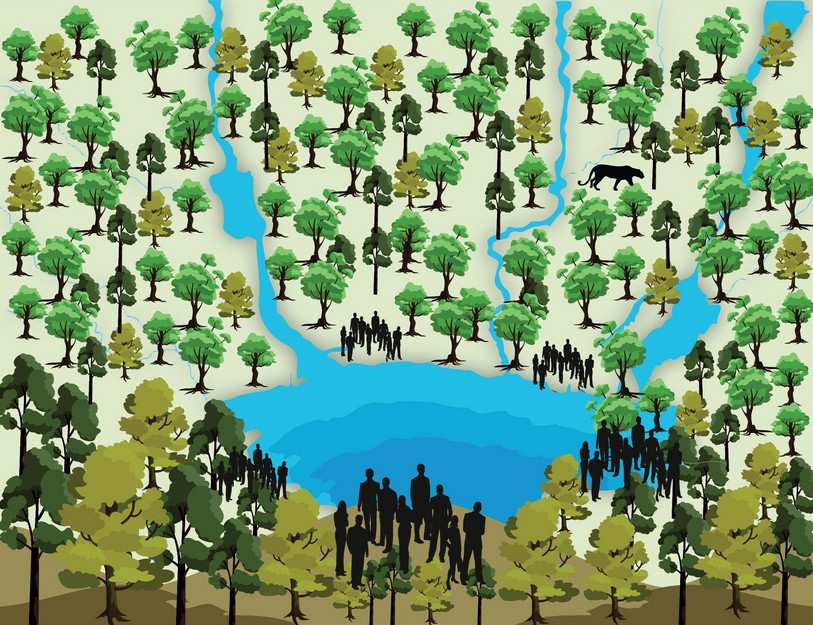
Several million people live in and around forests. Thus, one cannot talk about conservation without community participation. In view of this fact, WCT has adopted a 360° approach to conservation by focusing equally on wildlife protection and community development. Our mission is to secure vital wildlife habitats and catalyse the upliftment of marginalised communities.
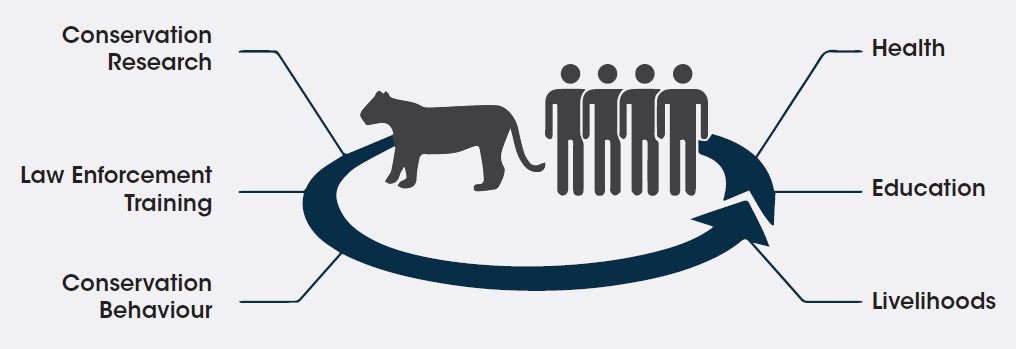
Conservation approach inside Protected Areas
- Train frontline forest staff in wildlife law
- Train frontline forest staff in trauma management
- Train frontline forest staff in systematic patrolling
- Support intelligence gathering to crackdown on wildlife trade
- Help hire specialised lawyers to fight critical wildlife cases
- Improve mobility of frontline forest staff by donating vehicles
- Help deploy radio-collars and monitor tiger and leopard movement/dispersal
- Conduct health check-up camps for frontline forest staff
- Provide veterinary support to conduct postmortems of wild animals
- Influence policy through targeted research and dialogue
- Work in close coordination with the forest department
- Provide veterinary help during translocation of wild animals
- Estimate carnivore populations using camera trapping
- Help strategise and implement anti-poaching operations
- Help monitor human disturbance and animal distribution inside tiger reserves
- Motivate forest staff through Wildlife Service Awards
- Provide essential equipment for forest guards and patrolling camps (anti-poaching camps)
- Train frontline forest staff in wildlife monitoring
Conservation approach outside Protected Areas
- Enhance livelihood options for local commuities to reduce their dependence on forests
- Strengthen human-wildlife interface management to mitigate future conflict
- Support intelligence gathering to crack down on wildlife trade
- Estimate populations of large carnivores in human-dominated landscapes
- Advocate an integrated conservation approach involving local communities and the forest department
- Study long-term changes in land use and land cover patterns
- Assess impact of infrastructure on forest connectivity and suggest mitigation measures
- Partner with NGOs, educational institutes, corporate and multilateral agencies to further our conservation goals
- Work in close coordination with the existing government machinery
- Influence policy through targeted research and dialogue
- Assess landscape connectivity and help identify wildlife corridors
- Spread awareness on wildlife and climate change
- Provide veterinary support in mitigating human-wildlife conflict
- Train the staff of territorial forest divisions in wildlife law
- Help improve the law enforcement mechanism along wildlife corridors
- Study dispersal of tigers and leopards in human-dominated landscapes using camera trapping and genetics
- Strengthen the rural education system – Teacher training; Developing learning aids; School infrastructure support
- Understand the correlation between human behavior and conservation
Areas of Work
Wildlife Conservation
We team up with state forest departments to assess gaps in their protection mechanisms. To address these issues we donate essential equipment, organise training sessions for frontline forest staff, and provide technical support.
- Reinforcing Protection
- Human Wildlife Interface Management
- Wildlife Population Estimation
- Combatting Wildlife Crime
- Conservation Dogs Unit
- Catalysing Conservation
- Conservation Behavior
- One Health
Communities
Healthy natural ecosystems with self sustaining communities are the bedrock of the economy. With several million people living in and around forests, we cannot separate communities from conservation. Recognising this, WCT has adopted a 360° approach to conservation by focusing equally on wildlife protection and community development.
Campaigns
Campaigns are all about spreading awareness and drawing attention to the critical issues facing our forests and wildlife.
Small Grants
WCT–Small Grants provides an opportunity to budding and practicing conservationists to pursue their passion of conserving endangered species and their habitats. Through this effort, WCT hopes to draw attention to the lesser-known species that need as much, if not more attention as the tiger, elephant and rhinoceros.
Impact
Wildlife Conservation Trust works with forest departments and local communities across the country to protect critical ecosystems.
Related Links
- About WCT
- 12,000 Forest Officers Trained in Wildlife Law Enforcement
- World Wildlife Day 2019 – Life below water
- 9 Steps to an Environment Friendly Lifestyle
- How can India’s linear infrastructure develop without harming wildlife?
Header image © Dr. Anish Andheria

